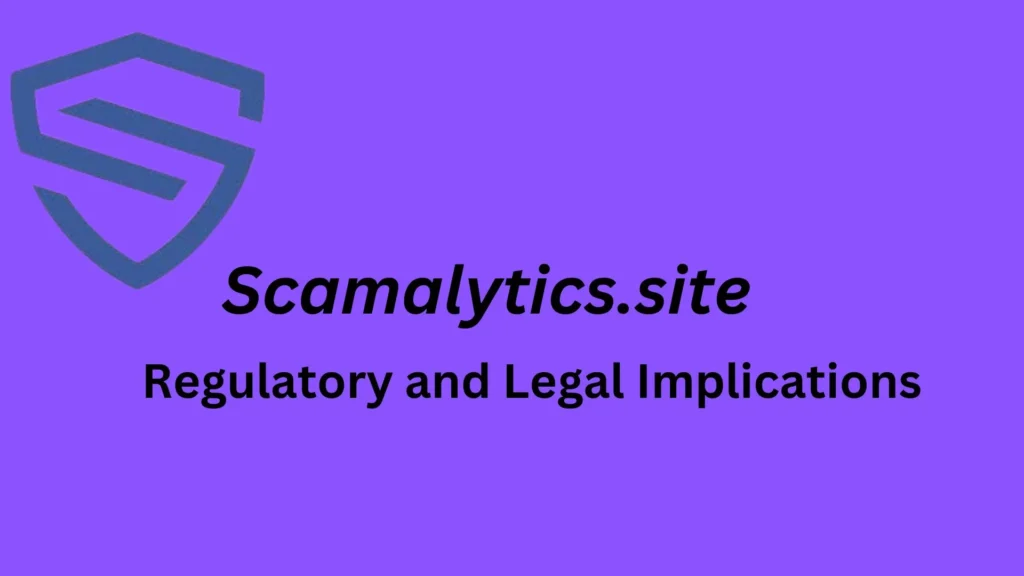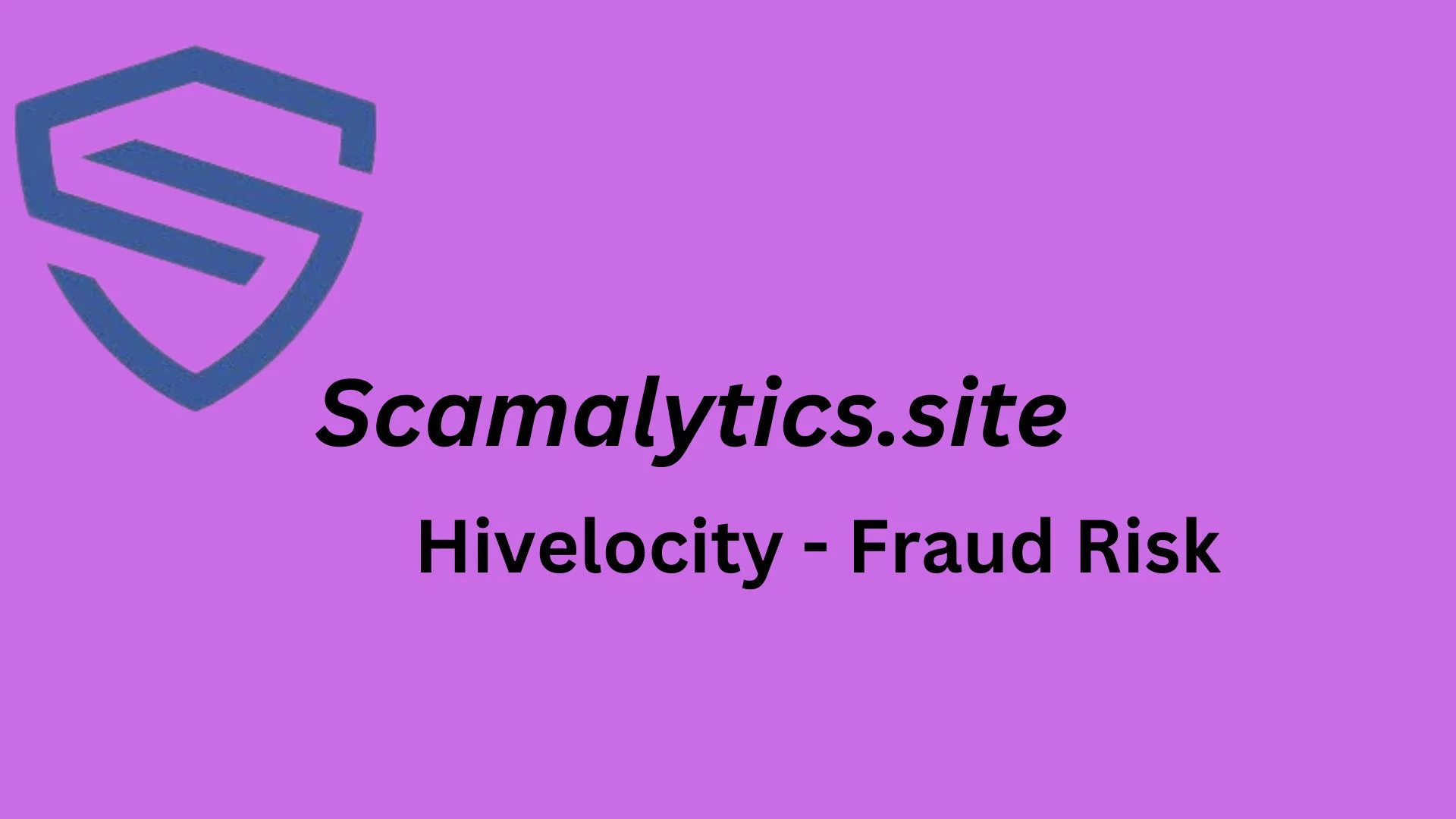Introduction
Hivelocity, a prominent cloud hosting and data center provider, has found itself embroiled in a complex issue surrounding fraud risk. As a leading player in the cloud services industry, Hivelocity’s reputation and operational integrity have come under scrutiny, raising concerns among its customers and the broader industry. This article delves into the intricacies of the fraud risk associated with Hivelocity, providing a comprehensive analysis of the situation and its potential implications.
Understanding Fraud Risk in the Cloud Hosting Industry
The cloud hosting industry, while offering numerous benefits in terms of scalability, cost-effectiveness, and accessibility, is not immune to the challenges of fraud risk. Cybercriminals and unscrupulous actors have increasingly targeted cloud service providers, seeking to exploit vulnerabilities and gain unauthorized access to sensitive data or resources. This threat is particularly acute in the case of Hivelocity, where the company’s position as a prominent player in the industry has made it a prime target for such attacks.
Hivelocity’s Approach to Fraud Risk Management
Hivelocity has long prided itself on its robust security protocols and fraud prevention measures. The company has invested heavily in state-of-the-art technology, implementing advanced encryption algorithms, multi-factor authentication, and comprehensive monitoring systems to detect and mitigate potential threats. Additionally, Hivelocity has emphasized its commitment to compliance with industry standards and regulations, such as PCI-DSS, HIPAA, and GDPR, to ensure the protection of its clients’ sensitive information.
However, despite these efforts, recent incidents have raised concerns about the effectiveness of Hivelocity’s fraud risk management strategies. Customers have reported instances of unauthorized access, data breaches, and suspicious billing activities, leading to a growing sense of unease within the user community.
Analyzing the Scope and Impact of Fraud Risk at Hivelocity
To understand the full extent of the fraud risk associated with Hivelocity, it is essential to examine the scope and impact of the issue. The company’s customer base spans a diverse range of industries, from small startups to large enterprises, each with varying levels of sensitivity and compliance requirements. A breach or compromise at Hivelocity could have far-reaching consequences, potentially exposing sensitive data, causing financial losses, and damaging the reputation of its clients.
Moreover, the impact of fraud risk extends beyond the immediate customers of Hivelocity. As a leading cloud hosting provider, the company’s reputation and perceived trustworthiness can have a ripple effect on the broader industry. A failure to effectively manage fraud risk could undermine confidence in cloud hosting solutions, deterring potential customers and slowing the overall adoption of cloud technologies.
Regulatory Oversight and Industry Standards
The cloud hosting industry is subject to various regulatory frameworks and industry standards, which are designed to ensure the security and reliability of service providers. Hivelocity, as a prominent player in the sector, is expected to adhere to these guidelines and demonstrate a commitment to transparency and accountability.
However, the recent incidents surrounding fraud risk have raised questions about Hivelocity’s compliance with these regulations. Regulatory bodies, such as the Federal Trade Commission (FTC) and the Payment Card Industry Security Standards Council (PCI SSC), may scrutinize the company’s practices and potentially impose fines or other penalties for any identified violations.
Additionally, industry organizations, such as the Cloud Security Alliance (CSA) and the Internet Infrastructure Coalition (i2Coalition), have established best practices and guidelines for cloud service providers. Hivelocity’s ability to maintain its standing within these organizations and adhere to their standards may be crucial in preserving its reputation and regaining the trust of its customers.
Reputational Damage and Customer Trust
The impact of fraud risk on Hivelocity’s reputation and customer trust cannot be overstated. As customers become increasingly aware of the security vulnerabilities and potential for data breaches, they may begin to question the reliability and trustworthiness of the company’s services. This can lead to a loss of confidence, customer attrition, and a decline in new business opportunities.
Hivelocity’s reputation is not only crucial for its own success but also affects the broader ecosystem of customers, partners, and stakeholders. A tarnished reputation can have far-reaching consequences, making it more challenging for the company to attract and retain high-profile clients, secure lucrative partnerships, and maintain its competitive edge in the market.
Mitigating Fraud Risk
To address the fraud risk challenges faced by Hivelocity, the company must take a comprehensive and proactive approach to risk management. This may involve the implementation of the following best practices and strategies:
- Comprehensive Risk Assessments: Hivelocity should conduct thorough risk assessments to identify and address vulnerabilities within its systems and processes. This may include penetration testing, vulnerability scanning, and regular security audits.
- Strengthened Security Protocols: The company should continually enhance its security measures, such as implementing robust access controls, advanced encryption techniques, and comprehensive monitoring and logging capabilities.
- Transparency and Accountability: Hivelocity should prioritize transparency in its operations, providing customers with clear and detailed information about its security practices, incident response plans, and data protection measures.
- Continuous Improvement: The company should foster a culture of continuous improvement, regularly reviewing and updating its fraud risk management strategies to keep pace with evolving threats and industry best practices.
- Collaboration and Industry Engagement: Hivelocity should actively engage with industry organizations, regulatory bodies, and cybersecurity experts to stay informed about emerging threats and share intelligence on effective countermeasures.
- Incident Response and Remediation: In the event of a security breach or fraud-related incident, Hivelocity should have a well-defined incident response plan in place, ensuring prompt and effective remediation efforts to minimize the impact on its customers.
By implementing these best practices and strategies, Hivelocity can demonstrate its commitment to fraud risk management, restore customer confidence, and position itself as a trusted leader in the cloud hosting industry.
Regulatory and Legal Implications

The issue of fraud risk at Hivelocity extends beyond the company’s internal operations and has significant regulatory and legal implications. As a cloud service provider, Hivelocity is subject to various regulations and compliance requirements, such as the General Data Protection Regulation (GDPR), the Health Insurance Portability and Accountability Act (HIPAA), and the Payment Card Industry Data Security Standard (PCI DSS).
Failure to adhere to these regulations can result in hefty fines, legal penalties, and reputational damage. Regulatory bodies may launch investigations into Hivelocity’s practices, scrutinizing the company’s security controls, data handling procedures, and incident response protocols. Any identified violations could lead to enforcement actions, including the imposition of fines, consent orders, or even the suspension of the company’s operating license.
Moreover, customers who have suffered financial losses or data breaches due to Hivelocity’s security lapses may seek legal recourse through class-action lawsuits or individual claims. These legal proceedings can result in significant financial liabilities, as well as further damage to the company’s reputation and public image.
To mitigate these regulatory and legal risks, Hivelocity must demonstrate a proactive and transparent approach to compliance, actively engaging with regulatory authorities and legal counsel to ensure the integrity of its operations and the protection of its customers’ data and assets.
Conclusion
The fraud risk associated with Hivelocity is a complex and multifaceted issue that has the potential to significantly impact the company, its customers, and the broader cloud hosting industry. The incidents of unauthorized access, data breaches, and suspicious billing activities have raised concerns about the effectiveness of Hivelocity’s fraud risk management strategies, with the potential for far-reaching consequences.
To address this challenge, Hivelocity must take a comprehensive and proactive approach, implementing robust security protocols, fostering transparency and accountability, and collaborating with industry stakeholders and regulatory bodies. By addressing the fraud risk issue head-on and demonstrating a strong commitment to customer protection and compliance, Hivelocity can regain the trust of its clients and position itself as a leader in the cloud hosting industry.
The successful mitigation of fraud risk at Hivelocity will require a concerted effort, ongoing vigilance, and a willingness to adapt and evolve in the face of emerging threats. By doing so, the company can not only safeguard its own operations but also contribute to the overall security and reliability of the cloud hosting ecosystem, ultimately benefiting its customers and the industry as a whole.

